About AltaPointe – Outpatient Services – Bayou La Batre
AltaPointe–Outpatient Services at Bayou La Batre is accredited by The Joint Commission and features comprehensive medical and mental health assessments, personalized care planning, and case management for all clients. Referrals for acute and subacute inpatient care are available as needed.
Their day programs and intensive outpatient (IOP) services are designed for clients requiring high level supervision and support, including those stepping down from inpatient care. Clients engage in extensive individual, group, and family counseling and robust, recovery-focused life skills training addressing topics such as coping, anger management, and relapse prevention. Clients in alcohol and/or opioid recovery may enroll in their evidence-based MAT program for longer-term pharmacotherapy.
Their general outpatient (OP) and aftercare services ensure a complete continuum of care aligned with clients’ evolving needs and may include 12 step program facilitation, housing and employment assistance, and referrals for additional services.
AltaPointe–Outpatient Services accepts most major insurance plans, including Aetna, Anthem, Beacon, BlueCross BlueShield, Cigna, Tricare, Humana, United Healthcare, and others. Out of network benefits vary. Contact your provider to verify coverage. Financial aid is available.
Facility Overview
Latest Reviews
Kindly,
April
Rehab Score
Gallery
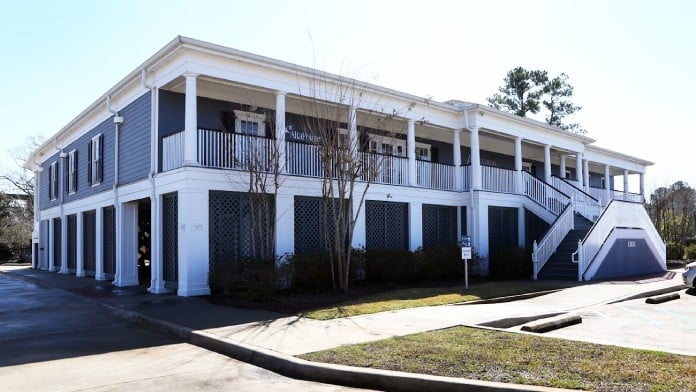
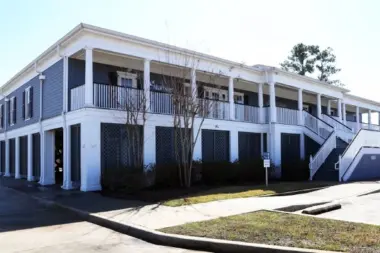
Accepted Insurance
Other Forms of Payment
Medicare is a federal program that provides health insurance for those 65 and older. It also serves people under 65 with chronic and disabling health challenges. To use Medicare for addiction treatment you need to find a program that accepts Medicare and is in network with your plan. Out of pocket costs and preauthorization requirements vary, so always check with your provider.
Private insurance refers to any kind of healthcare coverage that isn't from the state or federal government. This includes individual and family plans offered by an employer or purchased from the Insurance Marketplace. Every plan will have different requirements and out of pocket costs so be sure to get the full details before you start treatment.
Medicaid is a state based program that helps lower-income individuals and families pay for healthcare. Medicaid covers addiction treatment so those enrolled can use their coverage to pay for rehab. When a program accepts Medicaid the client often pays very little or nothing out of their own pocket.
Military members, veterans, and eligible dependents have access to specific insurance programs that help them get the care they need. TRICARE and VA insurance can help you access low cost or no cost addiction and mental health treatment. Programs that accept military insurance often have targeted treatment focused on the unique challenges military members, veterans, and their families face.
Addiction Treatments
Levels of Care
Outpatient Programs (OP) are for those seeking mental rehab or drug rehab, but who also stay at home every night. The main difference between outpatient treatment (OP) and intensive outpatient treatment (IOP) lies in the amount of hours the patient spends at the facility. Most of the time an outpatient program is designed for someone who has completed an inpatient stay and is looking to continue their growth in recovery. Outpatient is not meant to be the starting point, it is commonly referred to as aftercare.
Treatments
Mental health rehabs focus on helping individuals recover from mental illnesses like bipolar disorder, clinical depression, anxiety disorders, schizophrenia, and more. Mental health professionals at these facilities are trained to understand and treat mental health issues, both in individual and group settings.
Programs
Adult rehab programs include therapies tailored to each client's specific needs, goals, and recovery progress. They are tailored to the specific challenges adult clients may face, including family and work pressures and commitments. From inpatient and residential treatment to various levels of outpatient services, there are many options available. Some facilities also help adults work through co-occurring conditions, like anxiety, that can accompany addiction.
Clinical Services
Group therapy is any therapeutic work that happens in a group (not one-on-one). There are a number of different group therapy modalities, including support groups, experiential therapy, psycho-education, and more. Group therapy involves treatment as well as processing interaction between group members.
In individual therapy, a patient meets one-on-one with a trained psychologist or counselor. Therapy is a pivotal part of effective substance abuse treatment, as it often covers root causes of addiction, including challenges faced by the patient in their social, family, and work/school life.
Staff & Accreditations
Staff
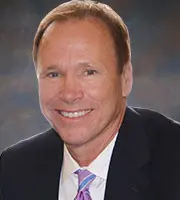
Tuerk Schlesinger, MBA
Chief Executive Officer
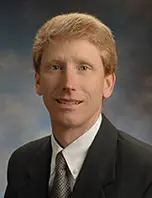
Steve Dolan
VP & Administrative Service

Sandra Parker, MD
VP & Chief Medical Officer
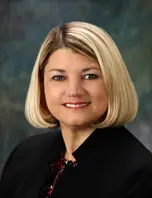
Traci Jones
VP & Chief Financial Officer
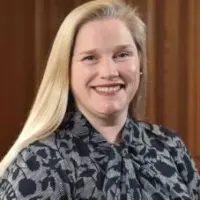
Alicia Donoghue, SPHR
VP Chief Of Staff
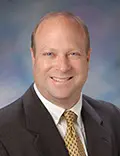
Jarrett Crum, MSW
Chief Hospital Officer

Ingrid Hartman, LPC
Chief Quality Officer

April Douglas
Director Public Relations
Accreditations

The Joint Commission, formerly known as JCAHO, is a nonprofit organization that accredits rehab organizations and programs. Founded in 1951, the Joint Commision's mission is to improve the quality of patient care and demonstrating the quality of patient care.
Joint Commission Accreditation: Yes
Accreditation Number: 1389
Contact Information
13833 Tapia Avenue
Bayou La Batre, AL 36509




